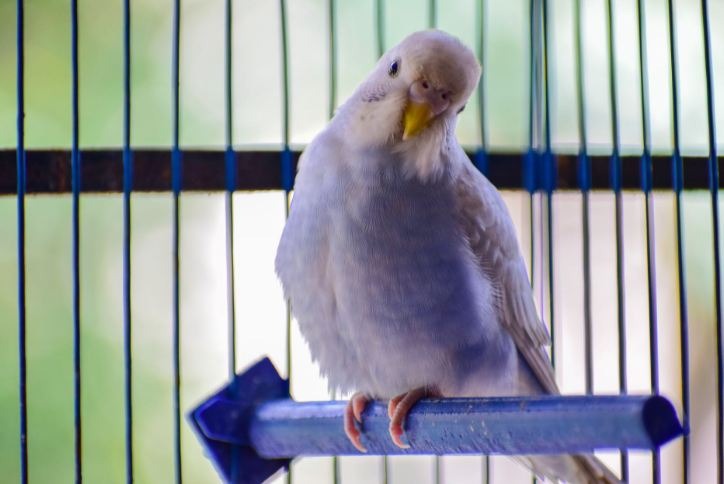Knowing a pet’s emotions could often be hard for pet owners, especially if we talk about birds. Unlike dogs and cats, it’s often hard to spot whether your pet bird is stressed or unhappy. But as pet owners, we must do what we can to maintain their emotions intact as well, since emotions could cause a great deal to their health, leading to early goodbyes.
Common Signs of Bird Unhappiness
Taking care of your pet bird is more than just feeding and giving them proper shelter. We must also make sure that we have the bird’s emotion in check most of the time, if not all the time. So if you are looking for some signs of bird unhappiness, we’ll provide some of the most common ones you can lookout.
1. Screaming: Learning your bird’s behavior at an early age is a must. Often, your pet bird would have a behavior change wherein it would just start screaming a lot. Once you notice this behavioral change, you might want to have them checked.
2. Biting: We often think that biting is the main sign of aggression for birds, let alone any animal. However, experts mainly see this as a sign of stress or fear for most birds. So, once you feel or see that your bird often lunges then bites you, that could imply problems, either their health or emotion.
3. Feather Picking: This factor could be typical for most birds since it’s considered a grooming process. However, it becomes a sign of stress or unhappiness if they over-pick their feathers, up to a point it’s almost gone. It’s funny because we would often see hair-picking for us, humans, as a sign of stress, too. So, if you see your pet bird over feather picking, you might as well take them to a vet to check for any underlying complication.
4. Decreased Appetite: Just like us humans, if we notice someone eating less than usual, our first impression is that they have a problem. The same goes for our pet birds; we can use their normal appetite as a sign if they are unhappy or stressed about something. Birds would often have decreased appetite when sad or stressed; they would eat so minimal that they would lose a significant amount of weight. Make sure you lookout for this sign since it could lead to death if left unnoticed. Please bring them to your vet and check them right away since there might be different issues affecting your pet already.
5. Decreased Vocals: Birds, for the most time, are known for their chirping and humming. That’s why if you noticed any decreased vocalization from your bird during those times, it’s a possible sign that they are either stressed or unhappy. But if your bird is not vocal from the start, then starts doing so, you might also want to have them checked just to make sure there are no significant issues.
6. Underwhelming Energy: Typically, birds would often fly or jump around their cage. That’s why it’s a good preventive measure to check their natural behaviors from the start. Since once they become tired for most of the time, or sometimes just plain unresponsive, it’s a sign that you need to have them checked. Birds usually have ample energy before they get flat-out tired, but if they just sit at one place the whole day, see a vet as soon as possible.
7. Change of Habits: If your birds suddenly started pecking their cage for no reason, or maybe bobbing their heads, or do things that are unusual for them, you can use it as a sign of possible stress or unhappiness. Birds are often known to sticking with routines, so if you notice any changes in their behavior as a whole, it’s your signal to send them to a vet right away.
Keen Eye for Birds
It may be difficult to pinpoint any possible problems your bird may have. That’s why you need to familiarize yourself with their behavior right from the start since it will be your core signal for any problems that might appear. It may not show any specific illness, but it will give you a hint that they need to be sent to a veterinarian. Overall, you can schedule a regular checkup for your pet bird just to ensure their overall health is properly maintained and checked.

